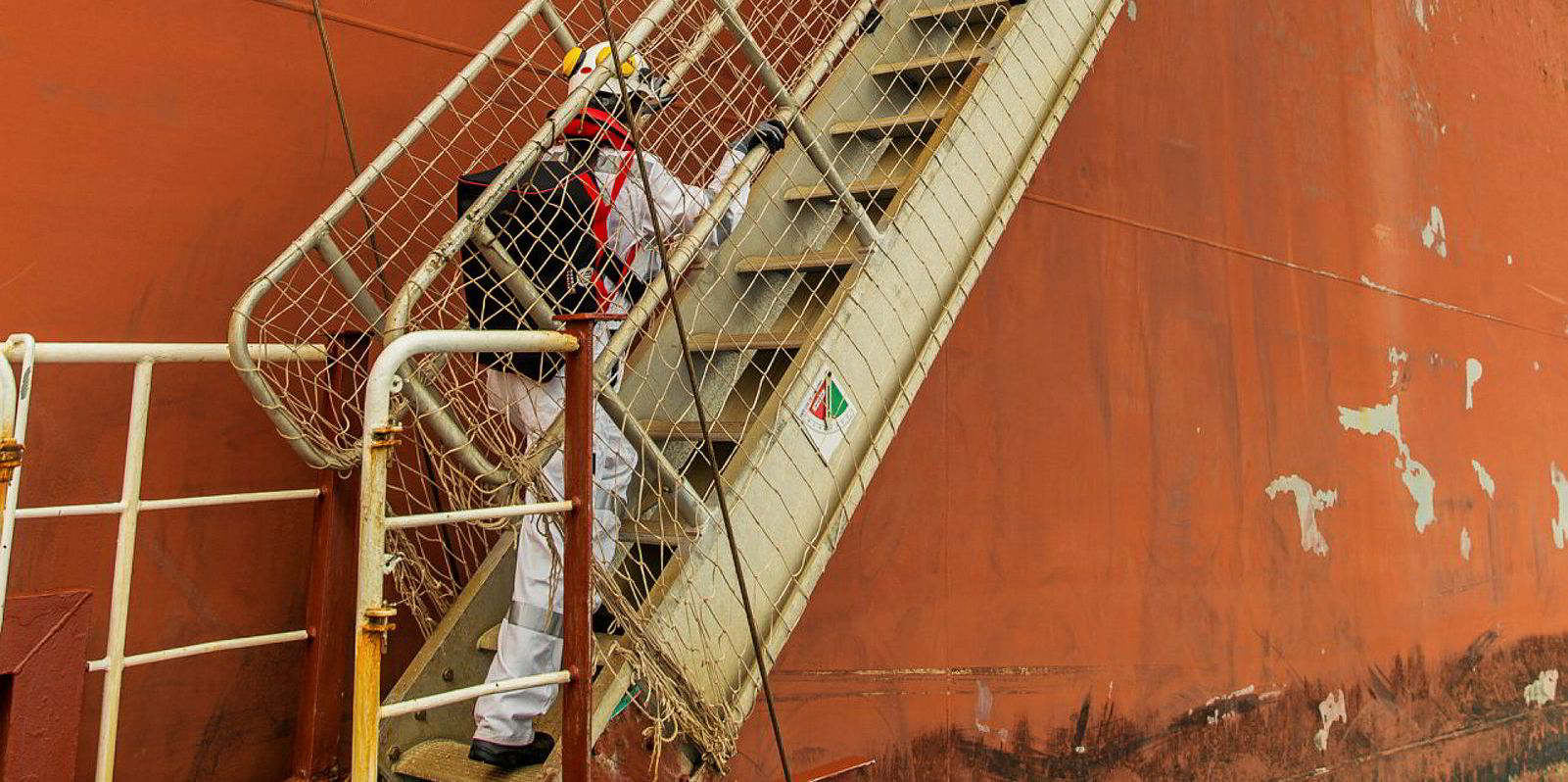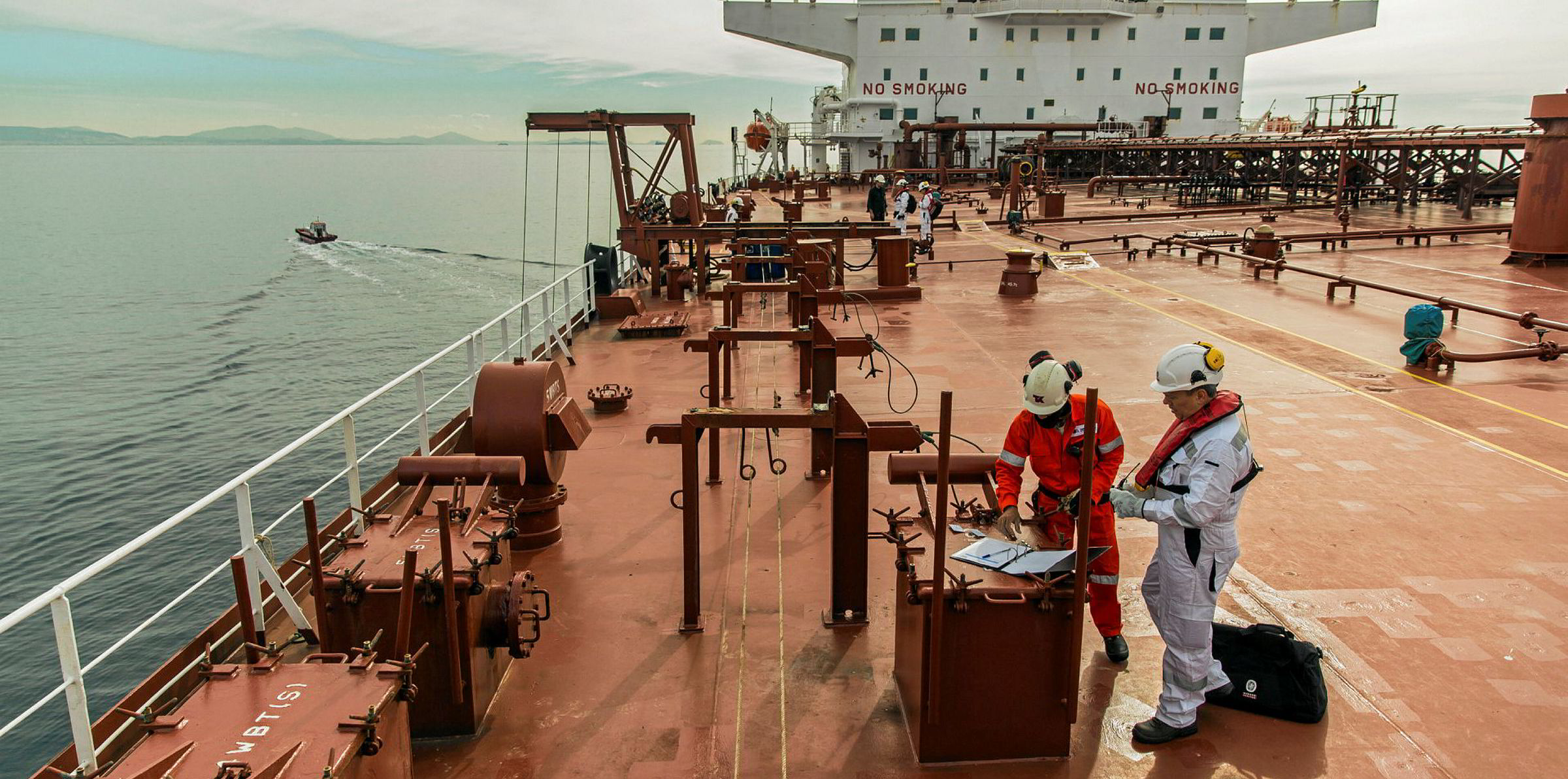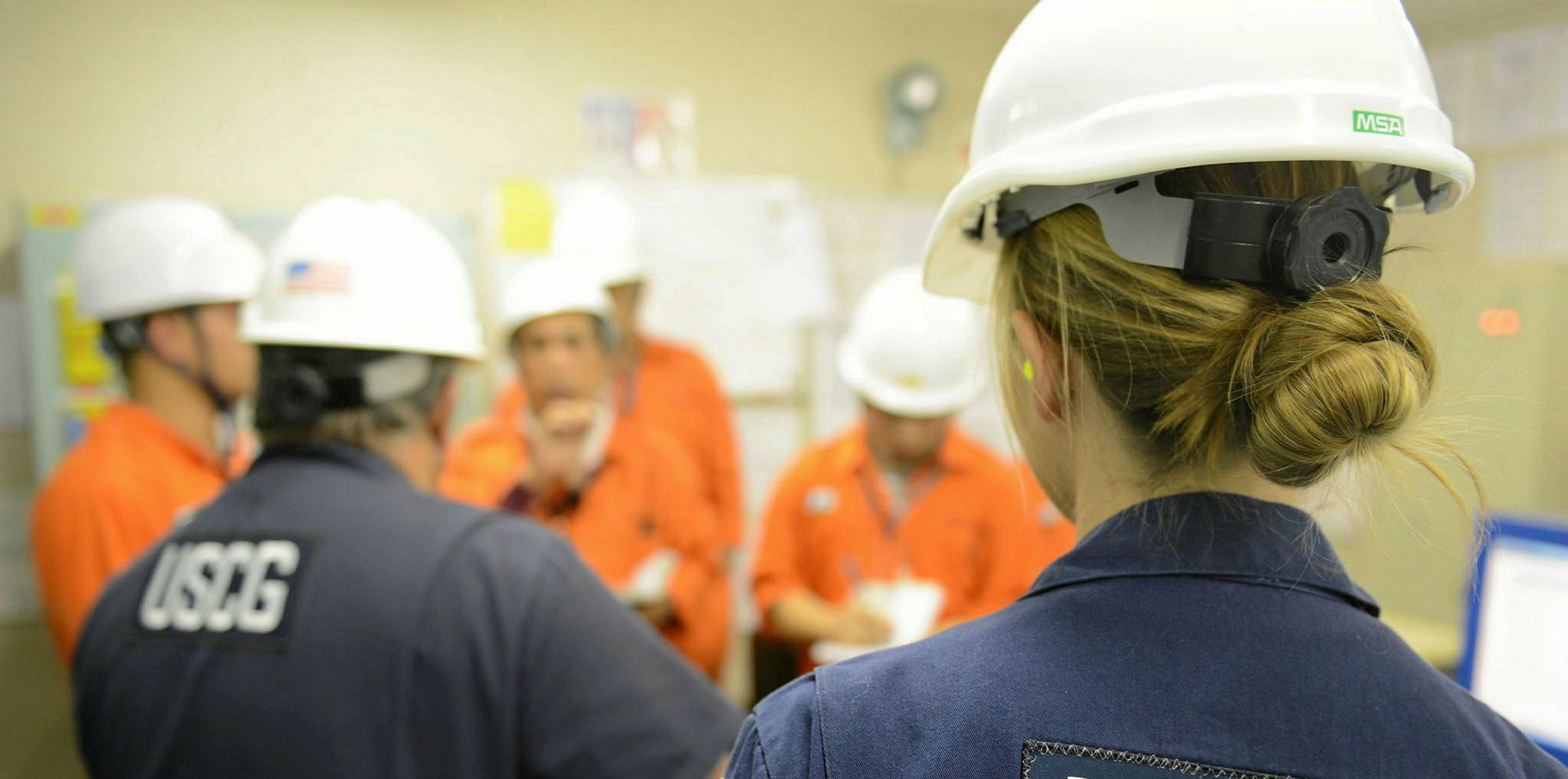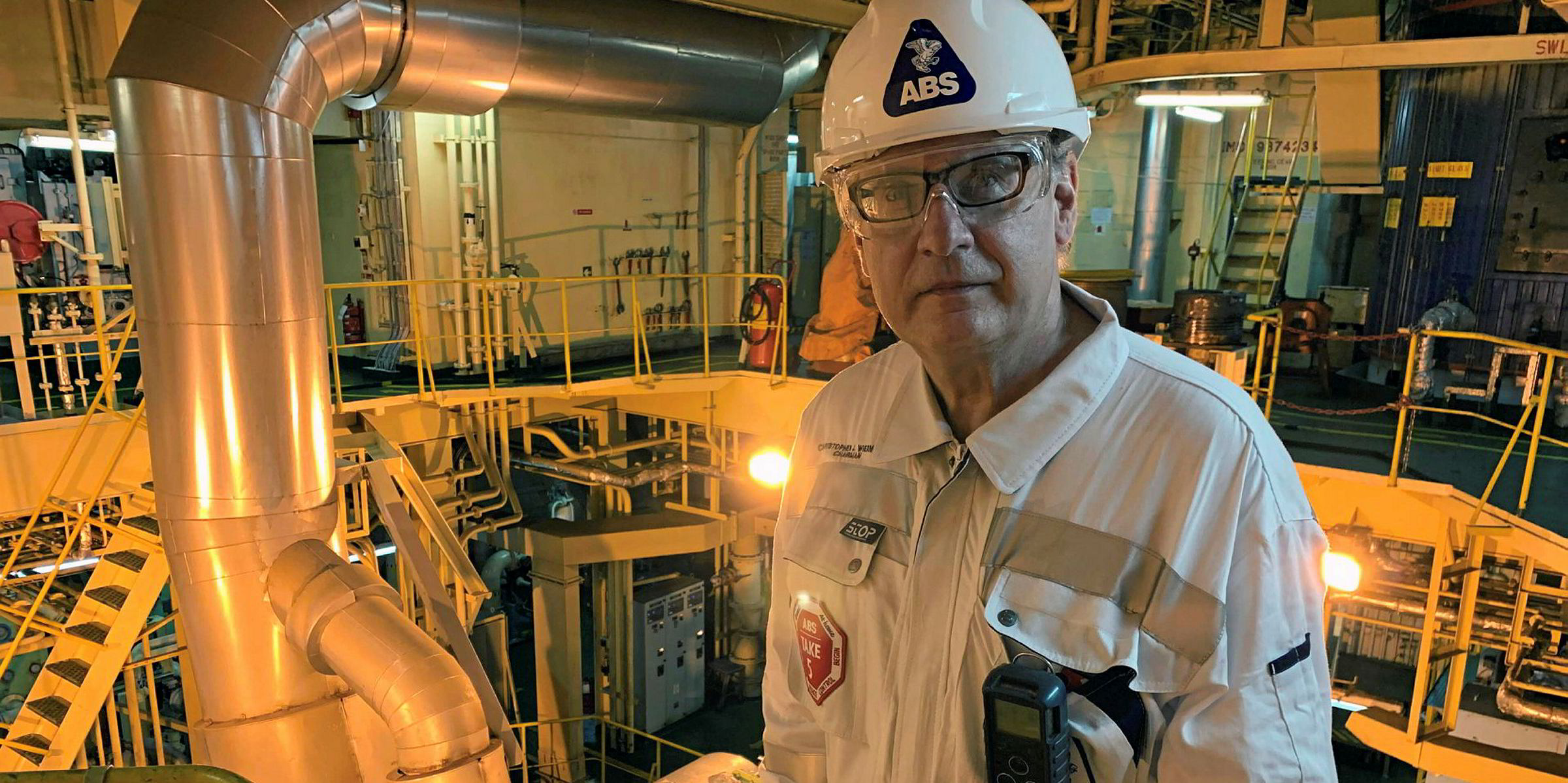Vessel charterers are being encouraged to consider deferring ship vetting inspections, use existing reports and look closely at the safety of those involved who do go ahead in the current coronavirus-hit environment.
The Oil Companies International Marine Forum (OCIMF), whose members comprise the world’s major charterers and who have ownership of the Ship Inspection Reports (SIREs) and Offshore Vessel Inspection Database (OVID) reports for vessels, asks that they look at whether it is essential to carry out an inspection at this time.
In its updated guidance note, the body encourages its members to consider other alternatives, for instance, if an older report can be accepted, what the risks of using this might be and how these might be mitigated, such as by using data from other sources.
The body also asks members to think about the health and safety of all parties involved in the inspection, those they interface with and the steps that need to be taken to adequately protect them, including social distancing and personal protective equipment.
Fewer inspections
OCIMF said its members, SIRE and OVID report users, vessel operators and inspectors are finding it “very difficult” to continue normal inspection regimes due to travel restrictions, access through terminals, social distancing and health and safety, depending on the location.
It said fewer new inspection reports will be submitted to its SIRE and OVID databases because of the challenges of undertaking inspections during the current pandemic.
OCIMF stressed the decision on conducting an inspection is for the member company but asked them to remember its vision: “No harm to people and no harm to the environment”.
TradeWinds highlighted the problems being encountered with ship vetting inspections last week with shipowners and operators voicing concerns that they were unable to arrange SIRE inspections and concerned that their vessels would be penalised by charterers.
OCIMF described the situation as “fluid” and said it will continue to change between countries for some time.
Pragmatic considerations
Echoing its previous note, OCIMF urged all stakeholders to take a “pragmatic approach” and for operators and inspection submitting members to maintain close communication.
It reminded its members that it is extending the availability of ‘live’ reports in the SIRE and OVID programmes to 18 months and is aiming to ‘go live’ with these from 1 April.
OCIMF added that it is “regularly reviewing” the situation and said it is “investigating potential options that could be applied if the situation trends to a longer-term issue”.
“Covid-19 continues to challenge our industry on many fronts,” the organisation said. “While we all work through this unprecedented situation, it is important to maintain delivery of essential goods and services on a global basis.”







